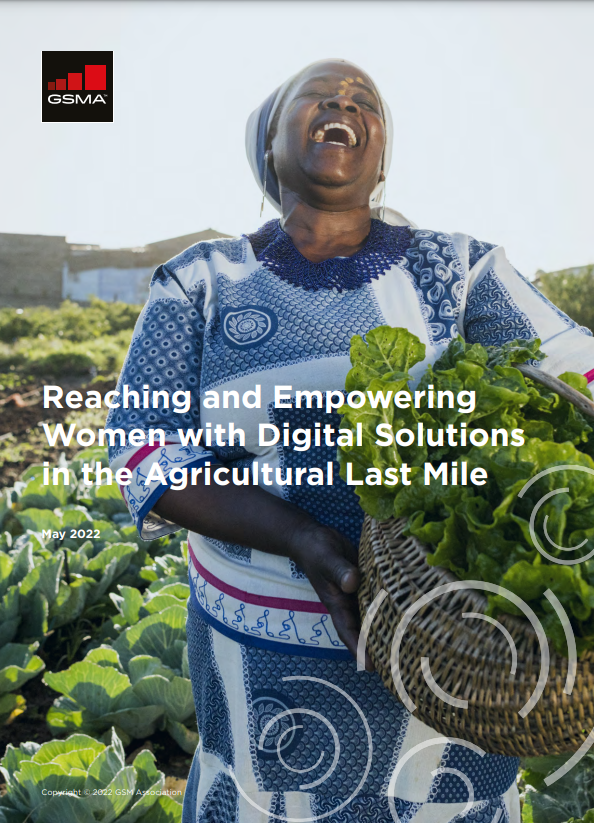Restrictive social norms, lack of access to resources and the mobile gender gap all make it challenging for women to participate in agricultural value chains and embrace the digital agriculture solutions that can connect them to markets and services and strengthen their decision-making power. Gender-inclusive approaches that purposely consider women as well as men help address barriers related to access, knowledge and skills, among others, are crucial. To achieve their full potential, gender-inclusive approaches would need to be accompanied by interventions that address underlying social norms to uplift women’s voices and strengthen their decision-making power and participation in the last mile. Without this, gender inequalities are not only likely to remain but become exacerbated.
The objective of this document is to examine the limited participation of women in digitised agricultural value chains by identifying the main barriers for women in D4Ag initiatives and shedding light on best practices to increase women’s participation and empowerment in these value chains. The insights and recommendations are aimed mainly at donors and investors, who are uniquely positioned to support gender-inclusive interventions, to help them identify existing barriers and what is still needed to promote gender equity in digitised agricultural value chains.


